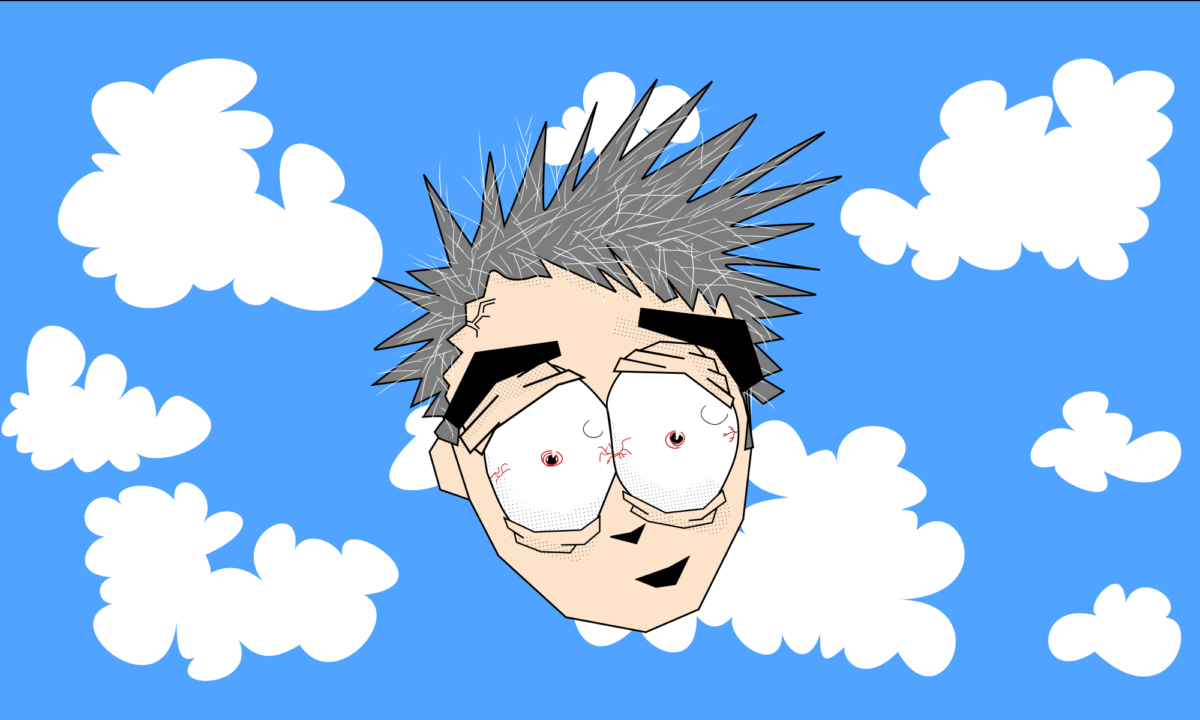ラナプラザ縫製工場の崩壊から8年経っても、縫製労働者を(利益優先している会社から)守ることは出来ていない。
今日の記事:
8 Years After the Rana Plaza Disaster, We Still Aren’t Doing Enough to Protect Garment Workers
https://www.vogue.com/article/garment-worker-rights-protection-eight-years-after-rana-plaza
April 19, 2021
まとめ Summary:
“There was outrage around the world when 1,134 people died in the devastating Rana Plaza tragedy in Bangladesh on April 24th, 2013. Horrific images showed bodies being pulled from the rubble following the collapse of an eight-story garment factory complex in Dhaka as desperate families stood by, waiting for news about their loved ones. “
Eight years on, garment workers are still losing their lives while making our clothes:
– In November 2020, 12 people were killed in an explosion at a garment factory in Gujarat, India.
– In March this year, 20 people were killed and dozens left injured after a fire… in Cairo, Egypt,
– a further eight killed and 29 injured when a 10-storey building collapsed in the same city later that month.
– Meanwhile, in Gazipur, Bangladesh, one person died and another 42 workers were left injured following a factory fire.
“We said ‘never again’ after Rana Plaza in Bangladesh, but it’s still a pressing issue for workers worldwide.
Following the Rana Plaza tragedy, the 2013 Accord on Fire and Building Safety was signed by more than 200 brands globally
“Building safety has hugely improved [in Bangladesh],” However, fire and electrical safety still remains an issue….“It is very important that brands keep the pressure on management and factory owners to comply with all the contracts.”
The global pandemic has also highlighted the extreme difficulties that garment workers face, with billions of dollars worth of cancelled orders from brands leaving millions out of work or on reduced wages. A shocking study ….found…80% of workers have been going hungry.
“COVID-19 has led to extreme hardship—workers don’t get paid enough to actually save anything. They’re living hand-to-mouth,”
On April 14th, Bangladesh entered another country-wide lockdown due to a rise in COVID-19 cases—but the garment industry has been exempted
“It’s become a question of, ‘Do I not feed my family, or do I take a risk and catch COVID-19? I have to feed the family.’”
“There’s a whole set of things that haven’t changed [since Rana Plaza]—everyday harassment, gender-based violence, the lack of any social protection, the issue of low wages.”
“…what’s clear is that eight years on from Rana Plaza, we still aren’t doing enough to protect [workers].
Hey Simon what do you think? 私に一コメントいわせていただければ・・・
When I ask my university students the question “What do you do in your free time?” they always reply “I go shopping”.
Firstly we have to look at this, and understand the issue, and think about what it means when we say “in my free time I go shopping” – there’s nothing wrong with shopping as a hobby, but we need to change the system so that it is fair.
It’s not for us – the system is not designed “so we can buy cheap clothes”, the system is designed to make some already rich people even richer:
https://www.vogue.com/article/eco-age-andrew-morgan-garment-worker-documentary-rana-plaza-anniversary#intcid=_vogue-bottom-recirc_ff7413ff-16ef-45dc-b6d4-1f4c2b152d0d_text2vec1
7:58 “Workers aren’t accidentally in poverty. Workers are in poverty because the system was created to keep them in poverty…..that’s the intention of it”
13:40 “a human life is worth far more than the unpaid cost of cheap clothes”
From today’s article: “In the aftermath of the disaster, major brands denied knowledge of their garments being produced there—and campaigners were forced to dig through the debris to find clothing labels identifying the companies linked to the factory.”
This seems to me to be evil:
Deliberately causing human suffering for your own selfish benefit seems to me to be a pretty good definition of “evil”.
わざと自分の得のために他の人を苦しますのは、「悪」の定義ではないか?
The problem is fundamentally an ethical one: it is fundamentally immoral to deliberately cause human suffering for your own profit, for your own greed.
https://ja.glosbe.com/en/ja/evil
I think the most important first step is to learn more about these issues, try following these accounts on instagram for more information on this topic:
https://www.instagram.com/ref.waseda/
https://www.instagram.com/noyouth_nojapan/
https://www.instagram.com/fridaysforfuturejapan/
Hey Listeners what do you think? どうぞ自分の”一コメント”をメールで読ませてください
Did you already know about this issue of how our clothes are made?
Do you ever think about this when you go shopping?
What about popular clothes shops in Japan – where are their clothes made? What are the worker’s lives like?
What is the Japanese government doing about this issue?
参考のリンク Related Links
https://sustainablejapan.jp/2015/08/24/ranaplaza/18224
https://www.fashionsnap.com/article/2015-06-12/thetruecost/
今の搾取工場は150年前のイギリスのWorkhouseと同じ様子。(150年経っても同じ問題・・・):
https://www.historic-uk.com/HistoryUK/HistoryofBritain/Victorian-Workhouse/
縫製工場で性暴力:
https://www.theguardian.com/news/audio/2020/sep/10/women-fighting-sexual-abuse-factories-jeans-podcast
Credits:
Music by Kajiki
Sound Effects: https://freesound.org/people/tensaimon/bookmarks/
SNS: tensaimon (instagram: kusaimon)
